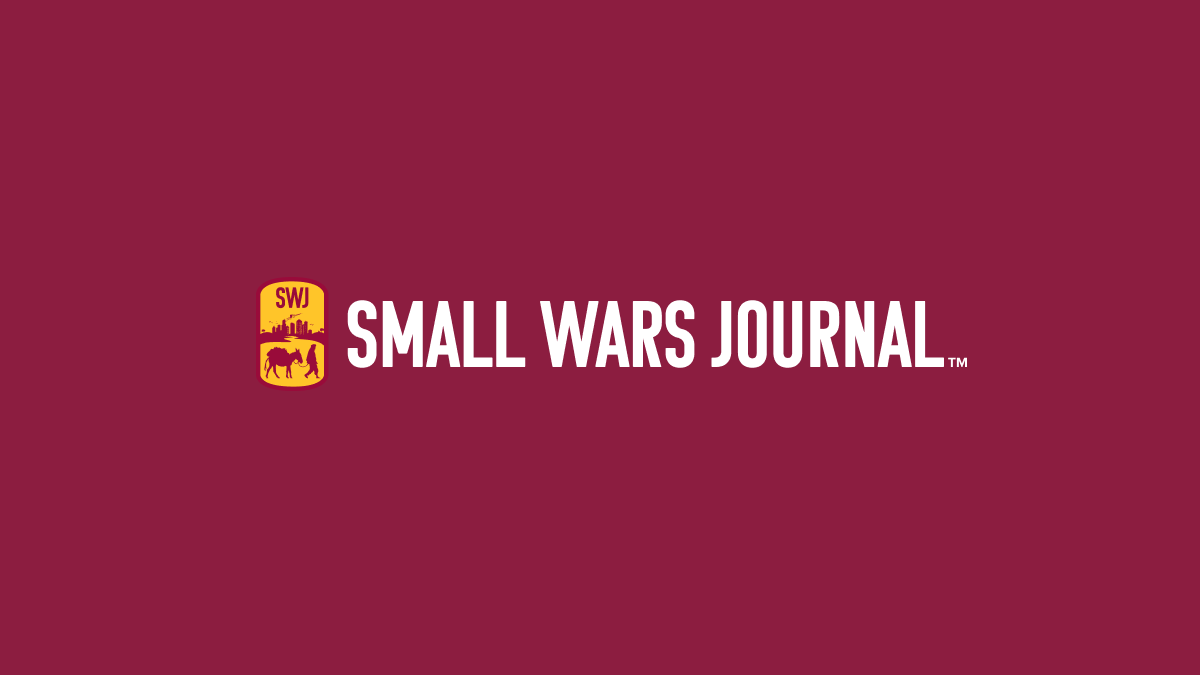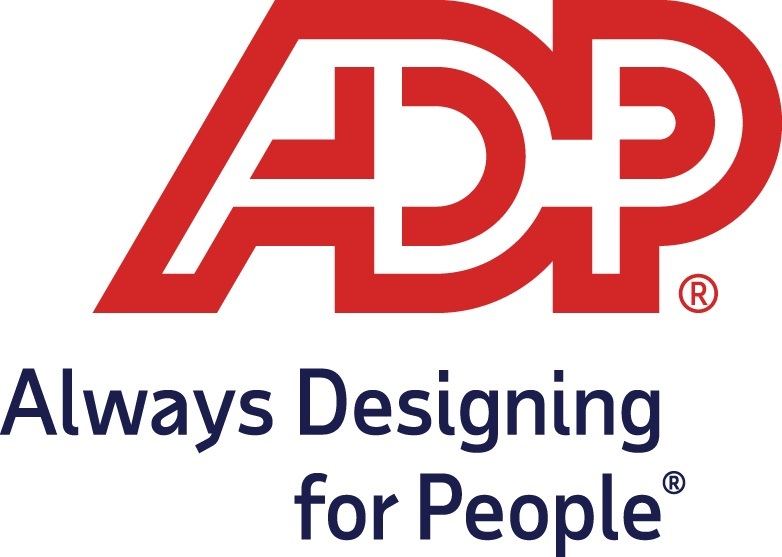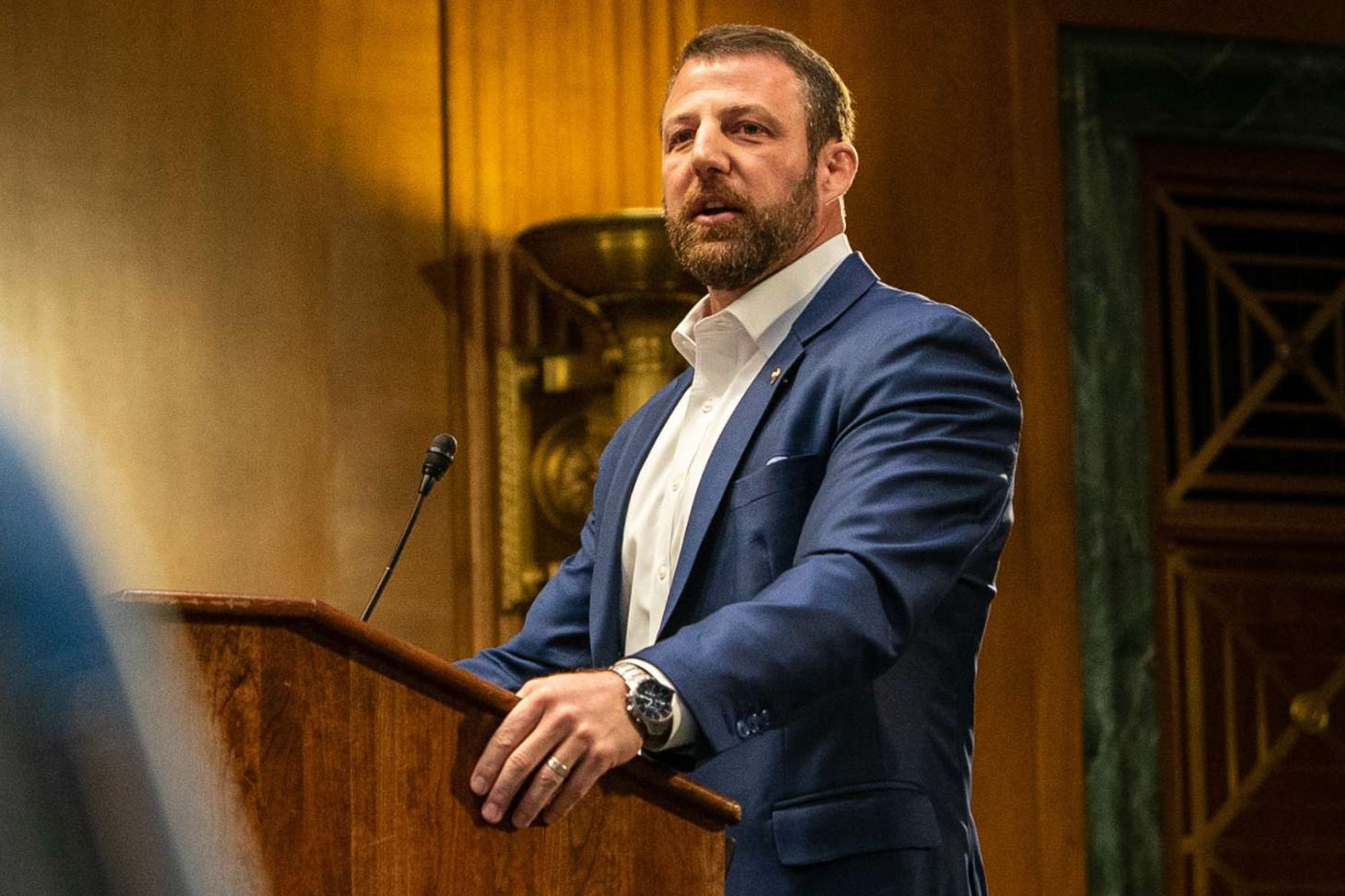
U.S. Senator Thom Tillis is positioned to play a pivotal role in a legislative effort aimed at terminating federal funding for public broadcasting networks, specifically NPR and PBS. The proposed bill, known as HR 4, seeks to retract approximately $1.1 billion in taxpayer subsidies over the next two years, funding that was allocated at the request of former President Joe Biden.
Tillis, who has announced he will not seek reelection, has garnered support from former President Donald Trump in this initiative. The senator’s stance aligns with his long-standing commitment to limited government and fiscal responsibility, principles he believes contradict the perceived biases of public broadcasting services.
Concerns Over Objectivity in Public Broadcasting
Critics, including Tillis, assert that NPR and PBS have strayed from their statutory obligation to maintain “strict adherence to objectivity and balance” in their programming. According to the Media Research Center (MRC), data from the first half of this year reveals that PBS reporters referenced the term “far right” significantly more than “far left,” with a ratio of 42 to 1. This imbalance raises questions about the objectivity that public broadcasting is expected to uphold.
Tillis argues that these networks have become platforms for left-leaning narratives, framing conservative viewpoints as extreme. For instance, when Tillis advocates for fiscal restraint, NPR is accused of portraying it as detrimental to essential government services. Similarly, his support for judicial appointments based on constitutional originalism is often depicted by PBS as a threat to democratic values.
Defending Taxpayer Funding and Local Programming
Supporters of public broadcasting have countered claims that these services are outdated or unnecessary, particularly for local communities. Some argue that farmers rely on NPR for essential weather updates. However, critics point out that modern technology, including smartphones and weather apps, has rendered such claims obsolete.
While public broadcasters assert their role in disseminating emergency alerts, this function is primarily under the purview of FEMA. The proposed legislation does not impact the emergency alert system, as all broadcasters and wireless carriers are mandated to share the same alerts with the public.
Tillis has also targeted the claim that NPR provides valuable local content for his constituents. Statistics reveal that only an average of 5.4 percent of NPR affiliate content originates locally, with much of the programming coming from major cities known for their liberal leanings.
As access to news evolves, many argue that alternatives such as online platforms, streaming services, and social media offer diverse and timely information, often at a fraction of the cost.
There are also concerns regarding educational content for children. Critics contend that resources available on platforms like YouTube and various educational websites far exceed what PBS offers. Many parents seek to avoid controversial programming, such as the “Drag Queen Story Hour,” which has attracted significant attention.
Evaluating Performance and Political Bias
Recent studies by the MRC have highlighted perceived biases in how public broadcasting covers political events. For instance, PBS reportedly provided 88 percent positive coverage of the Democratic National Convention, while offering 72 percent negative coverage of the Republican National Convention. Moreover, NPR faced criticism for its decision not to report on the Hunter Biden laptop story, which it labeled a “distraction.”
The overall sentiment among critics is that public broadcasting is increasingly viewed as a partisan entity rather than a neutral source of information. This perception has fueled the argument that taxpayer funding for networks like NPR and PBS should be reconsidered.
Tillis, along with other lawmakers, is advocating for a significant shift in how public broadcasting is funded. The push to eliminate taxpayer support for the Corporation for Public Broadcasting aims to ensure that these networks operate within a competitive marketplace. Should their content be deemed essential, proponents argue, they should rely on donations and subscriptions rather than public funds.
As the debate unfolds, North Carolina taxpayers are left questioning the value of their contributions to public broadcasting, with many feeling they should not be compelled to finance what they perceive as a biased narrative. With the potential passage of HR 4, the landscape of public broadcasting may soon face a substantial transformation.







